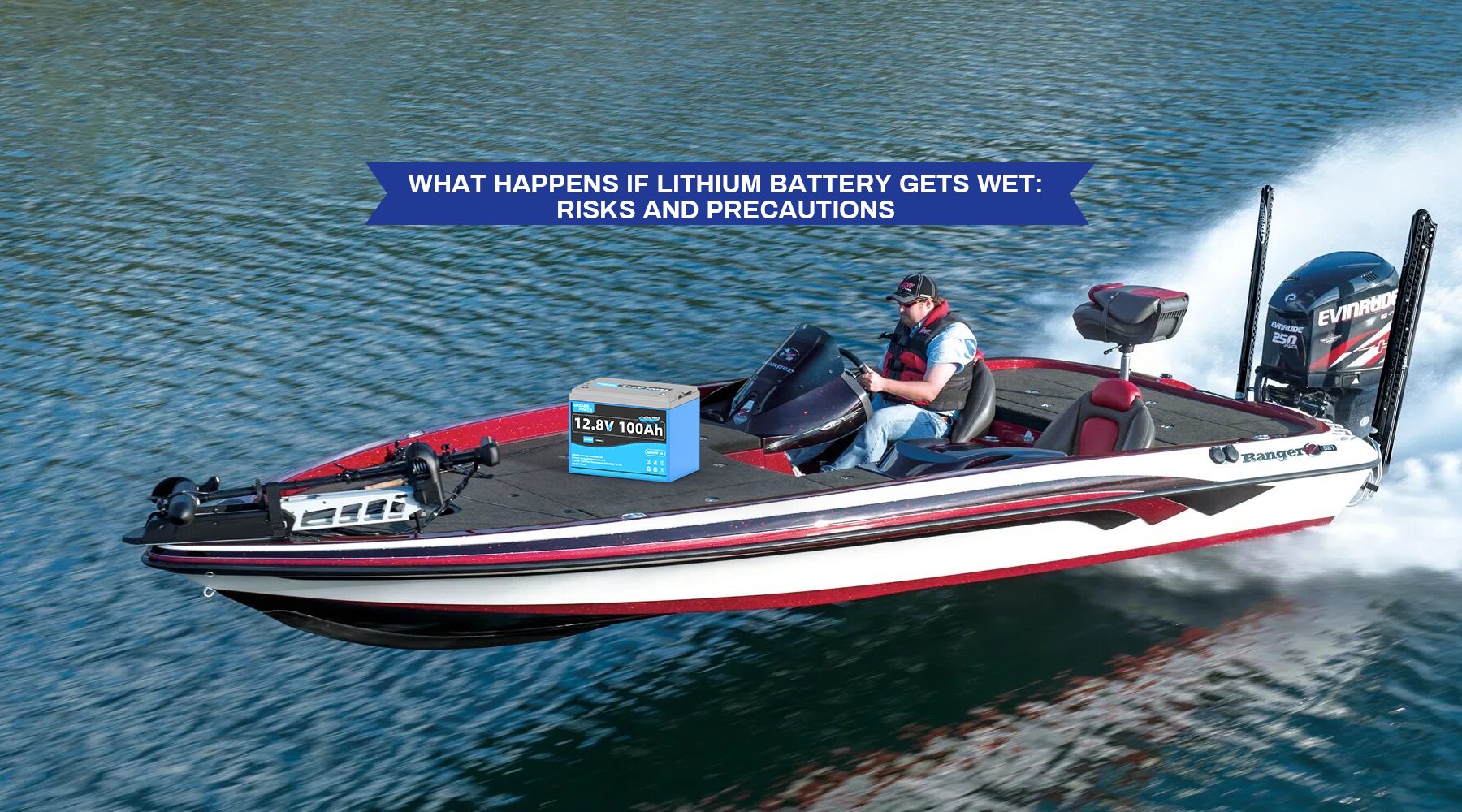5-Year Warranty Registration

What Happens If Lithium Battery Gets Wet: Risks And Precautions
Understanding the Risks of a Wet Lithium Battery
Lithium batteries have become ubiquitous in our daily lives, powering everything from smartphones to electric vehicles. But what happens if a lithium battery gets wet? The consequences can be severe and pose significant risks.
Risks of a Wet Lithium Battery:
- Short Circuit: When a lithium battery comes into contact with water, it can cause a short circuit. This can lead to overheating, fires, or even explosions.
- Corrosion: Water can cause corrosion of the battery components, damaging its functionality and potentially releasing harmful chemicals.
- Reduced Performance: A wet lithium battery may experience reduced performance and capacity, affecting the device it powers.
Precautions to Take:
- Avoid Exposure to Water: Keep lithium batteries away from water sources to prevent accidental exposure.
- Use Waterproof Containers: When storing or transporting lithium batteries, use waterproof containers to protect them from moisture.
- Immediate Action: If a lithium battery gets wet, remove it from the water source immediately and dry it thoroughly before attempting to use it.
- Dispose Properly: If a lithium battery is severely damaged by water, it is essential to dispose of it following proper recycling guidelines to avoid environmental contamination.
By understanding the risks associated with wet lithium batteries and taking necessary precautions, we can ensure the safe use and handling of these powerful energy sources in our everyday devices.

Leave a comment